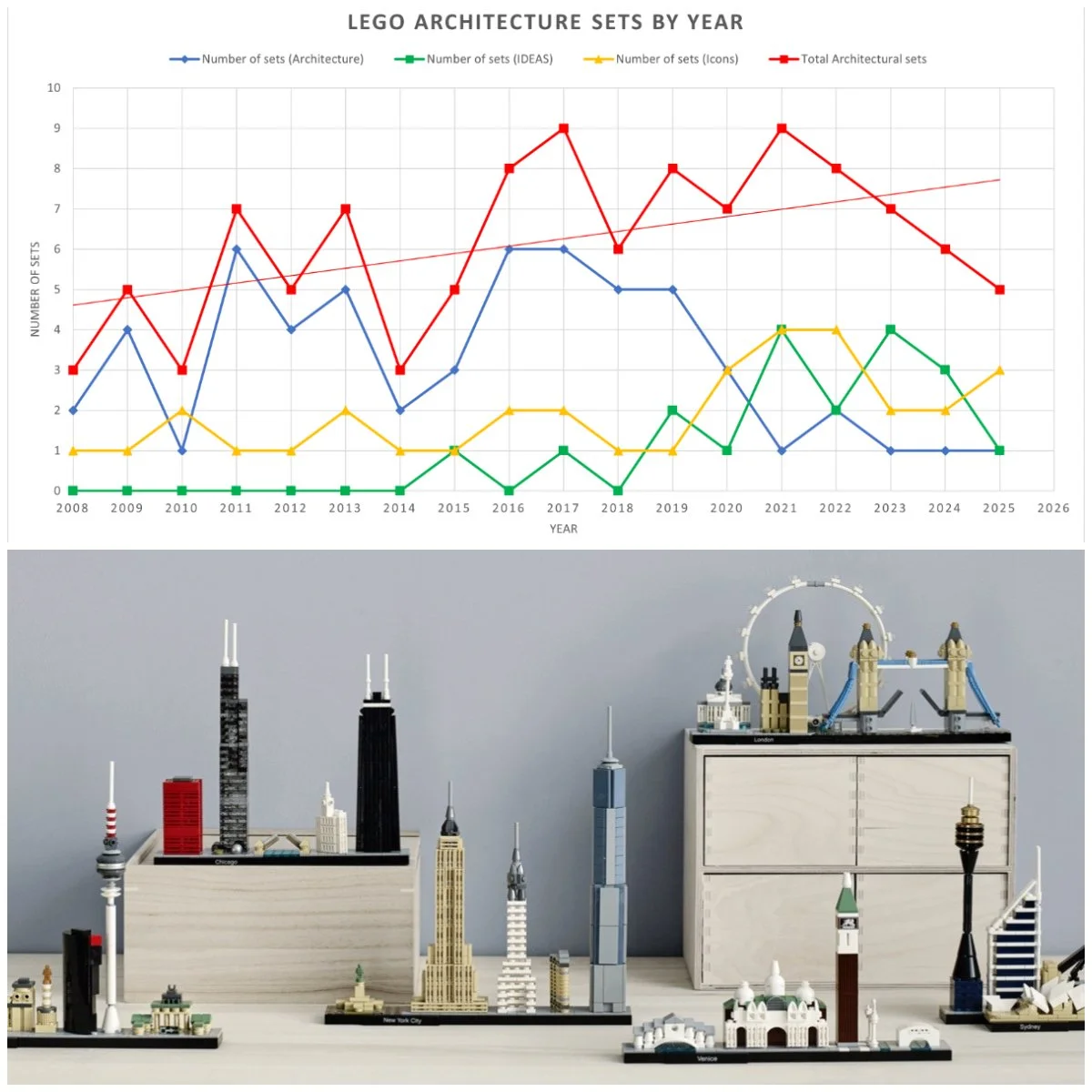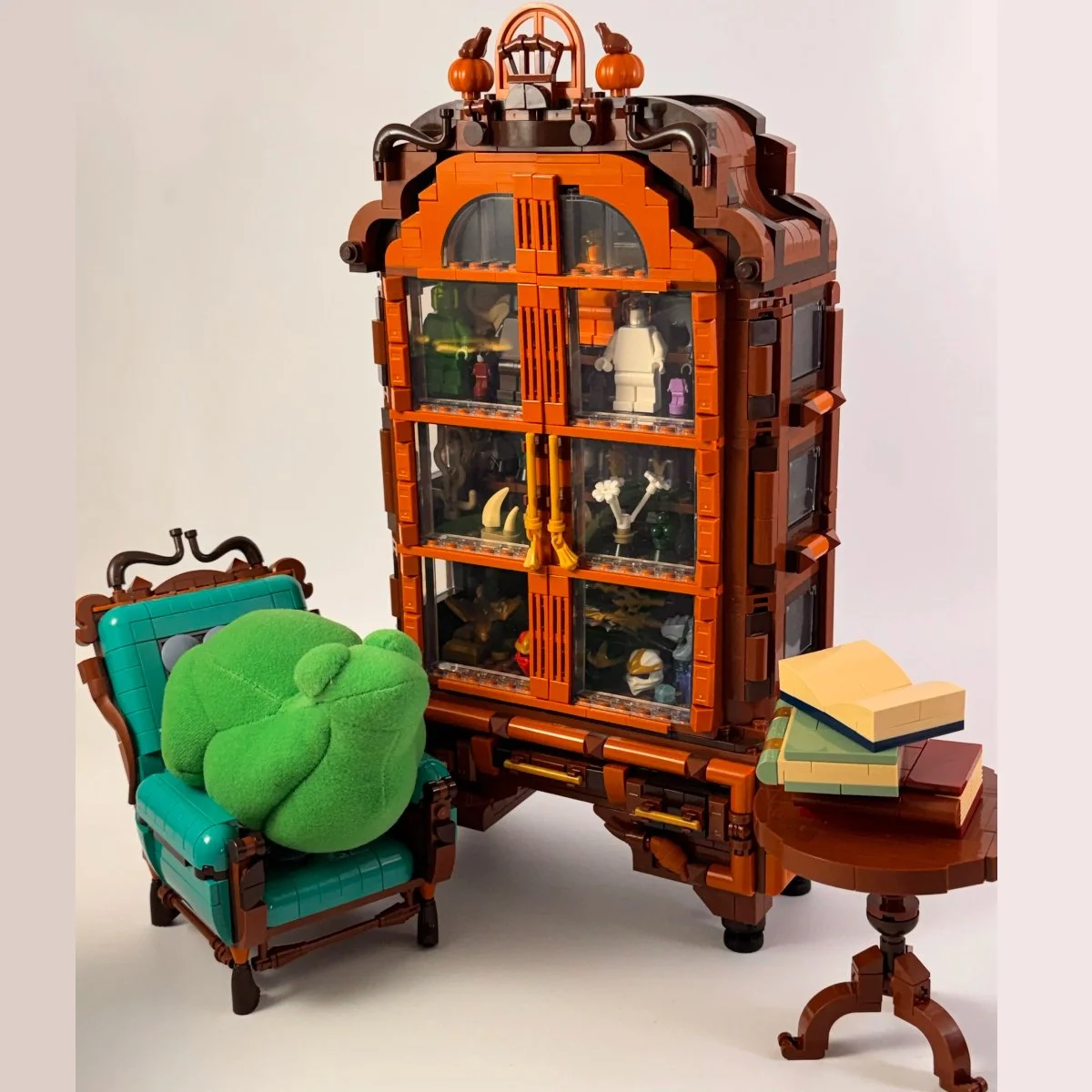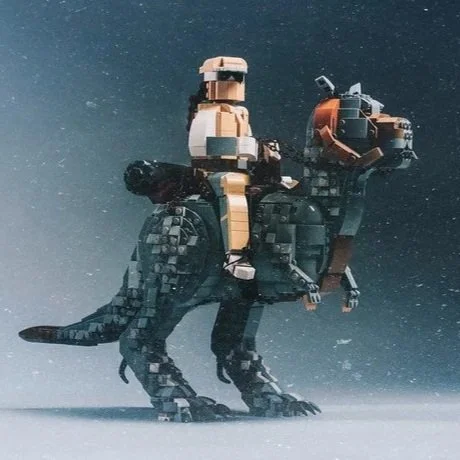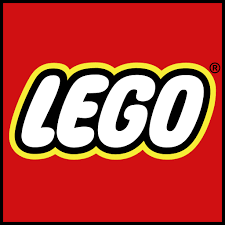A Tale of Two Moves: The Best Ways to Pack LEGO Sets
/Today’s guest article comes from Megan Lum, an unabashed AFOL on the move. She is the LAN ambassador for the Women’s Brick Initiative, a long-time contributor for Brickset, and a BrickNerd patron.
The year was 2020, in the middle of a pandemic, and circumstances occurred that my husband and I had to do what strikes fear in many AFOL hearts – we had to move! But what is the best way to move lots and lots of LEGO sets without damaging the boxes?
IMage via LEGO
2020: California to Seattle - The “Office Boxes” Method
This was my first move since coming out of my Dark Ages, and I wasn’t sure where to start. I wasn’t sure exactly how large my collection was. I should mention that my collection is exclusively made up of sets. I don’t MOC, so I don’t have bulk LEGO pieces (save for several boxes from a bulk buy that I bought with the intention of sorting during the pandemic).
Fortunately, with regard to the move, only about a dozen or so sets were assembled for display because of the limited space in our home in California. The rest were new- in-box or disassembled and put back in their original packaging.
The first question was what to do with the assembled sets. I considered wrapping them in cling wrap and boxing them, or tearing them apart (the latter option would certainly save space). I ultimately decided to break them down and store them in their boxes for the move. After all, it’s LEGO—I could always rebuild it!
The move was happening because of a change in my husband’s job, so professional movers had been hired to pack everything. Additionally, all our belongings were going into storage until we found a house in Seattle.
I had heard scary tales that moving boxes labeled “LEGO” were at risk of disappearing, and I certainly didn’t want that! One tip that I read online was to have all the boxes with my LEGO labeled as something else. I instructed the movers to label all of the boxes that had LEGO in them as “office boxes” (there was enough padding in the boxes that there was no telltale rattle!).
One of the downsides of moving was that the extent of my LEGO collection was brought to light for the first time. Prior to the move, it seemed like there were only a few boxes in miscellaneous closets and storage. When everything was packed, I was surprised at the amount of “office boxes” that were loaded onto the van to Seattle. Where did all of this come from?
Fast forward several months, and the LEGO collection and I made it into our new house in the Seattle area. And, for the first time for me, I had a dedicated LEGO room!
Then came the task of unpacking – as well as the larger task of figuring out how to store my collection. Before, I’d just used whatever space was available. Now, with a dedicated room, I could organize things a bit. Fair warning: I believe in the concept of entropy when unpacking—things always get more chaotic before getting organized.
During unpacking, I sadly learned a rather expensive lesson. While the movers had done a decent job packing, they’d stacked sets horizontally directly on top of each other in the larger wardrobe boxes without padding in between. Then those wardrobe boxes then got stacked on top of each other which resulted in some of the set boxes getting crushed, to the point where some of the boxes’ seals were broken.
As you might expect, 10234 Sydney Opera House was one of the first sets to be built shortly thereafter. I’d finally got situated and mostly unpacked when…
2021: Seattle to Chicago - Send in the Reinforcements!
A short eight months later, life events conspired so that we needed to move again, this time from Seattle to Chicago. Once again, professional movers were hired to pack everything, including the LEGO collection.
I was prepared to do a repeat of the “office box” scenario, until the movers suggested another option. Instead of “office boxes,” they suggested labeling all the boxes as “LEGO” and offered the option of having all “LEGO” labeled boxes also marked as “high value.” This meant that the boxes would be more securely sealed with binding tape signed by the packers so it would be evident if anything had been tampered with. Also, marking all the boxes as “high value” meant that they carried a higher insurance reimbursement – high enough that getting reimbursed for a box would cover the cost of the sets included, even some of the retired sets.
I begrudgingly agreed to this plan but soon saw that it was a pretty wise course of action. For one, this team of movers had clearly packed LEGO before. They took more care than the previous team and used more wardrobe boxes. Wardrobe boxes are larger than usual moving boxes and use metal bars to reinforce the sides of the box (they’re typically used to hang clothes). The movers also used paper padding in between “layers” of sets. As a result, I had several more wardrobe boxes, but I was optimistic that I wouldn’t have any repeats of the crushed 10234 scenario.
Fast forward again a few months later, and we were in a new house with another new LEGO room. (As you can see in the photo, my collection had grown quite a bit over the course of a year.)
But more importantly, all my LEGO made it to Chicago without any damaged boxes! I don’t know if I can say whether it was because of the “high value” labeling, but that did give me some peace of mind.
Another Move on the Horizon? The Best Method for Moving Sets
At the end of the day, both labeling methods worked when it came to packing my LEGO. All of my sets got to the desired location, and not a single box was lost. I think if my collection was mostly sorted/bulk LEGO, I would still go the “office boxes” route. Having the boxes marked “high value” with my sets ended up giving me a greater peace of mind.
I realize not everyone has the luxury of having LEGO packed for them, but in the event that you have to move and know your LEGO is going to be in storage for several weeks or months, both options presented are worth considering.
The last move to Chicago happened three years ago, so why wait so long to write about the experience? Well, there’s a specter of another move on the horizon, and I am – again – facing the prospect of moving my LEGO. Having put into practice both methods of moving my sets, I’m confident this next move will be very smooth!
Best of BrickNerd - Article originally published on October 16, 2024.
How have you transported your boxed LEGO collection in the past? What worked best? Leave your thoughts in the comments below!
Do you want to help BrickNerd continue publishing articles like this one? Become a top patron like Marc & Liz Puleo, Paige Mueller, Rob Klingberg from Brickstuff, John & Joshua Hanlon from Beyond the Brick, Megan Lum, Andy Price, Lukas Kurth from StoneWars, Wayne Tyler, Dan Church, and Roxanne Baxter to show your support, get early access, exclusive swag and more.























